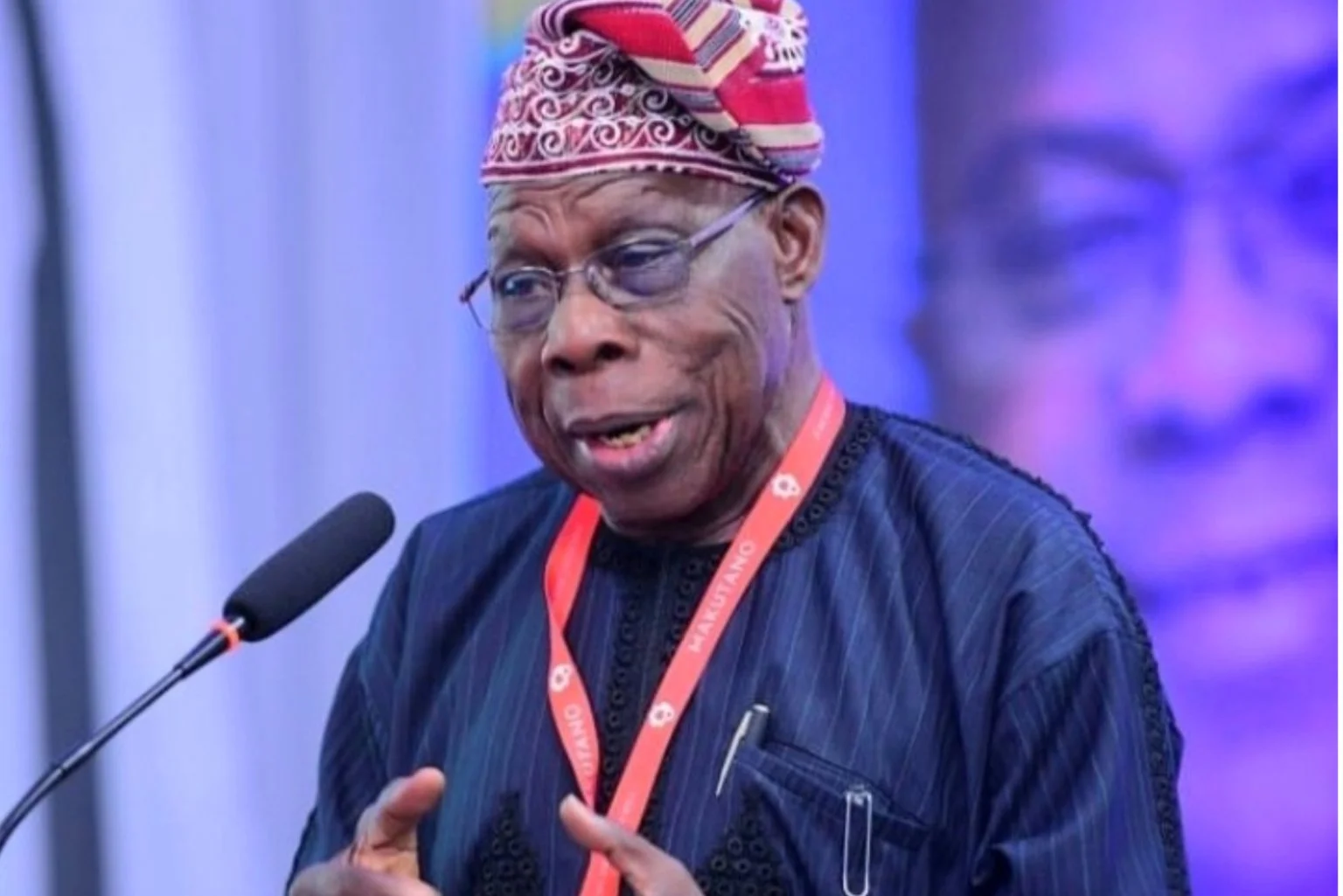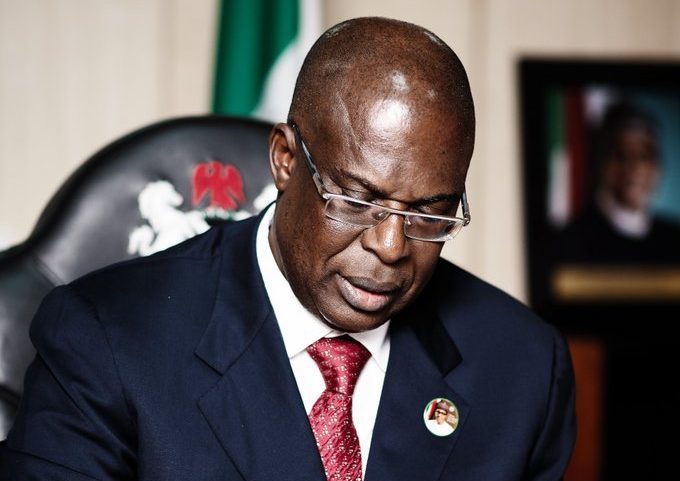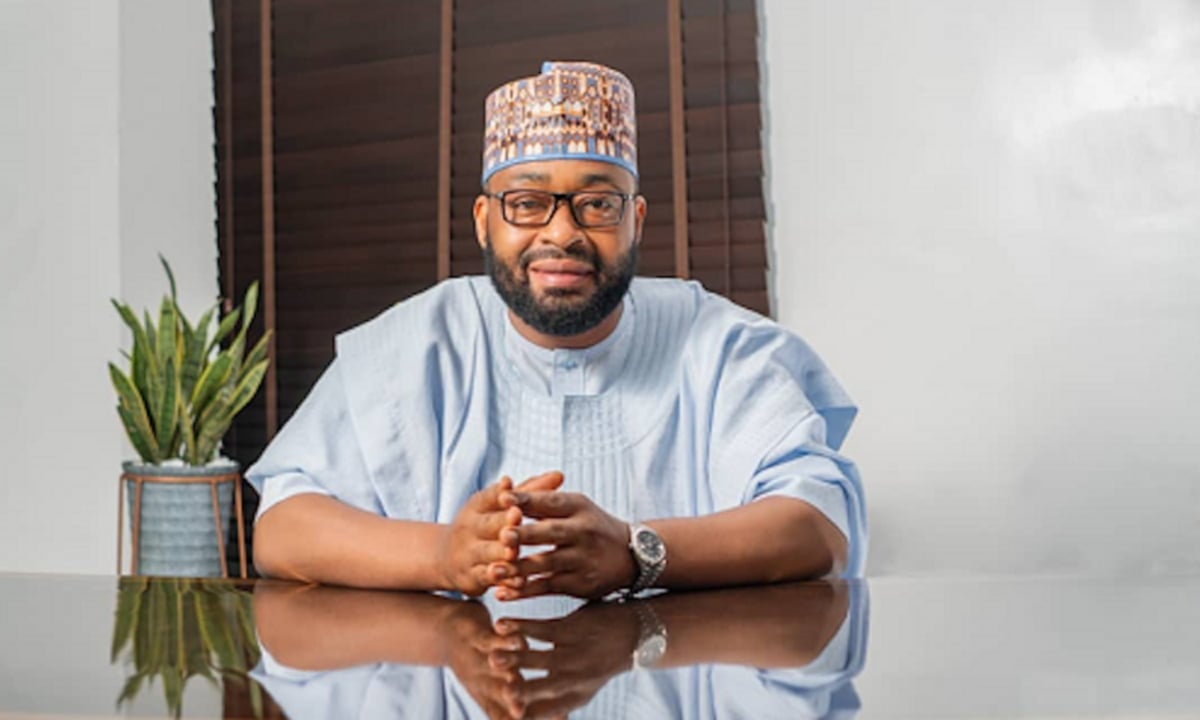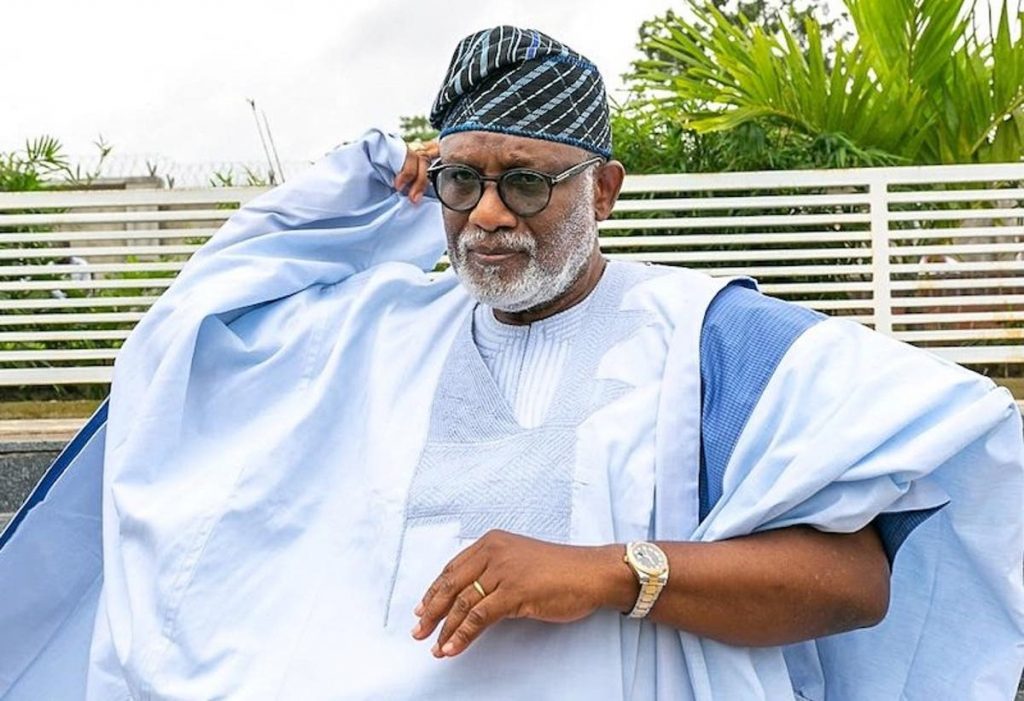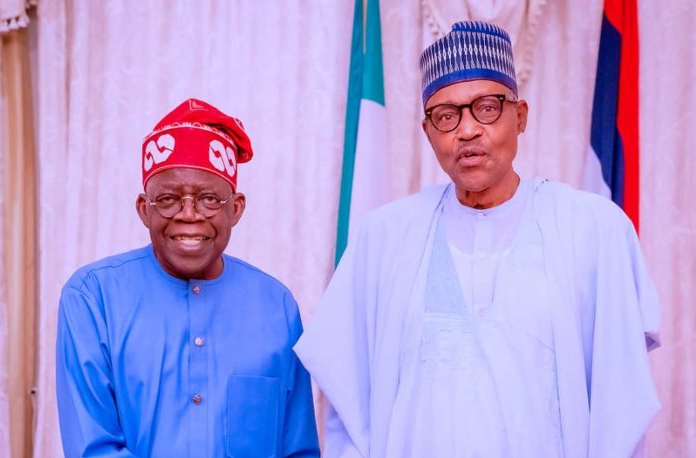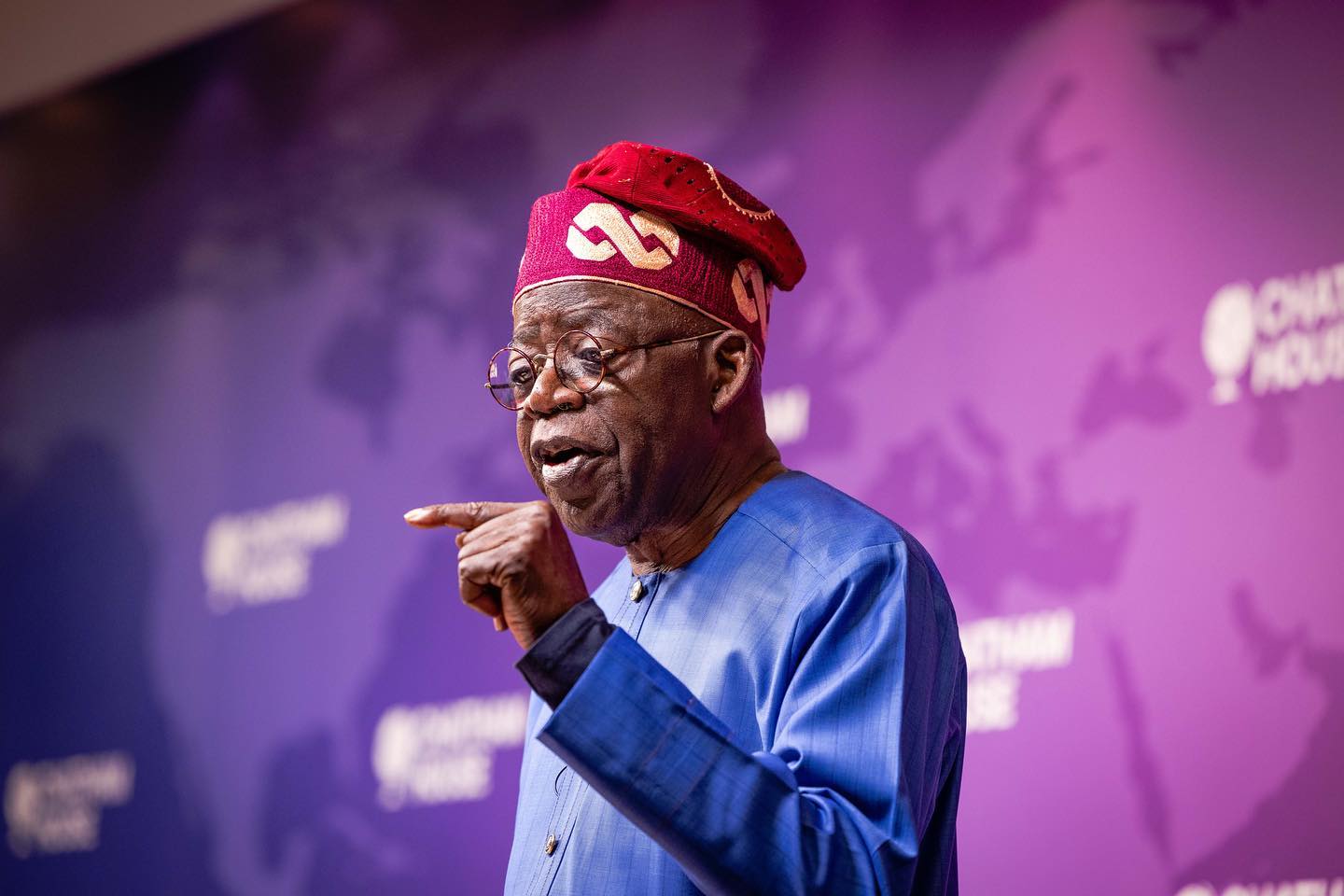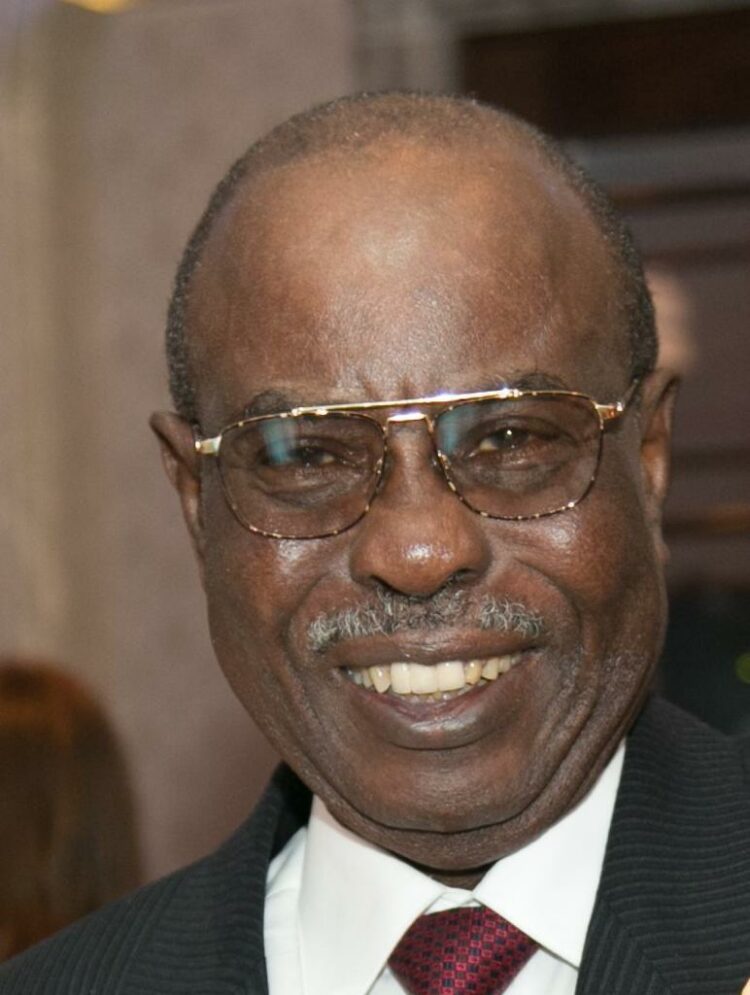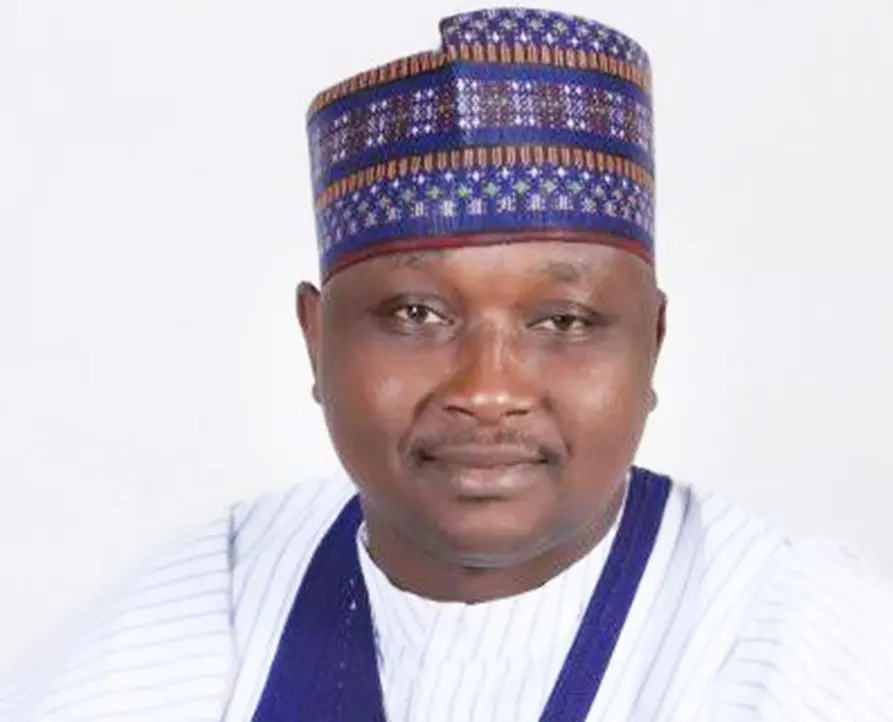Libyan delegates at UN-led talks outside Geneva on Friday made the surprise choice of Abdul Hamid Dbeibah as prime minister of a transitional unity government to take the war-ravaged country through to elections in December.
Dbeibah was chosen along with a three-member presidency council to head a unity administration and steer the North African state towards the ballot box on December 24. The Canadian-trained engineer from the city of Misrata and founder of the Libya al-Mostakbal (Libya of the Future) movement previously led the Libyan Investment and Development Company under dictator Moamer Kadhafi.
The vote is part of a complex UN-led process aiming to build on a fragile ceasefire and end more than a decade of conflict. Oil-rich Libya has been torn by civil war since a NATO-backed uprising led to the toppling and killing of Kadhafi in 2011. Acting UN envoy Stephanie Williams, who facilitated the week-long talks outside Geneva, called it a ‘historic moment’. ‘The importance of the decision that you have taken here today will grow with the passage of time in the collective memory of the Libyan people,’ she said after the vote.
In New York, UN Secretary-General Antonio Guterres said ‘I do believe it is a breakthrough,” adding it was ‘very good news in our search for peace,’ following a ceasefire agreement. Washington welcomed the interim officials. ‘We fully support the outcome of the UN-facilitated process that will lead to a stable, secure Libya and elections in December,’ US State Department spokesman Ned Price said.
European powers Germany, France, Italy, and Britain joined the United States in welcoming Libya’s new interim government. But the statement from the five governments cautioned that “the unified executive authority will have to implement the ceasefire agreement” and offer essential public services to Libyans. It also said the authority will need to work for ‘meaningful reconciliation’ as well as tackle ‘critical national budget needs and organize national elections.’ Moscow, which has played a key role in Libya, wished the new leaders well.
AFRICA DAILY NEWS, NEW YORK


